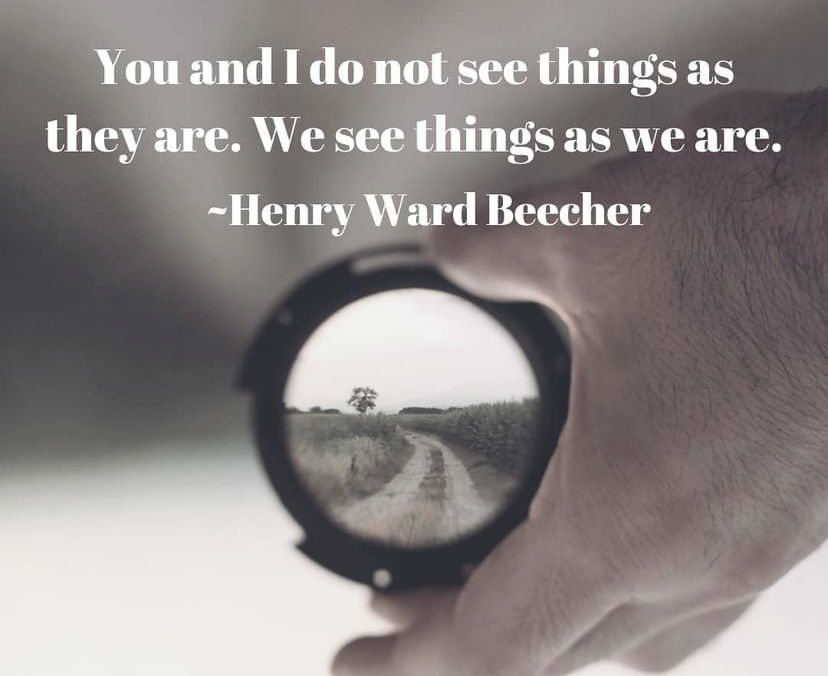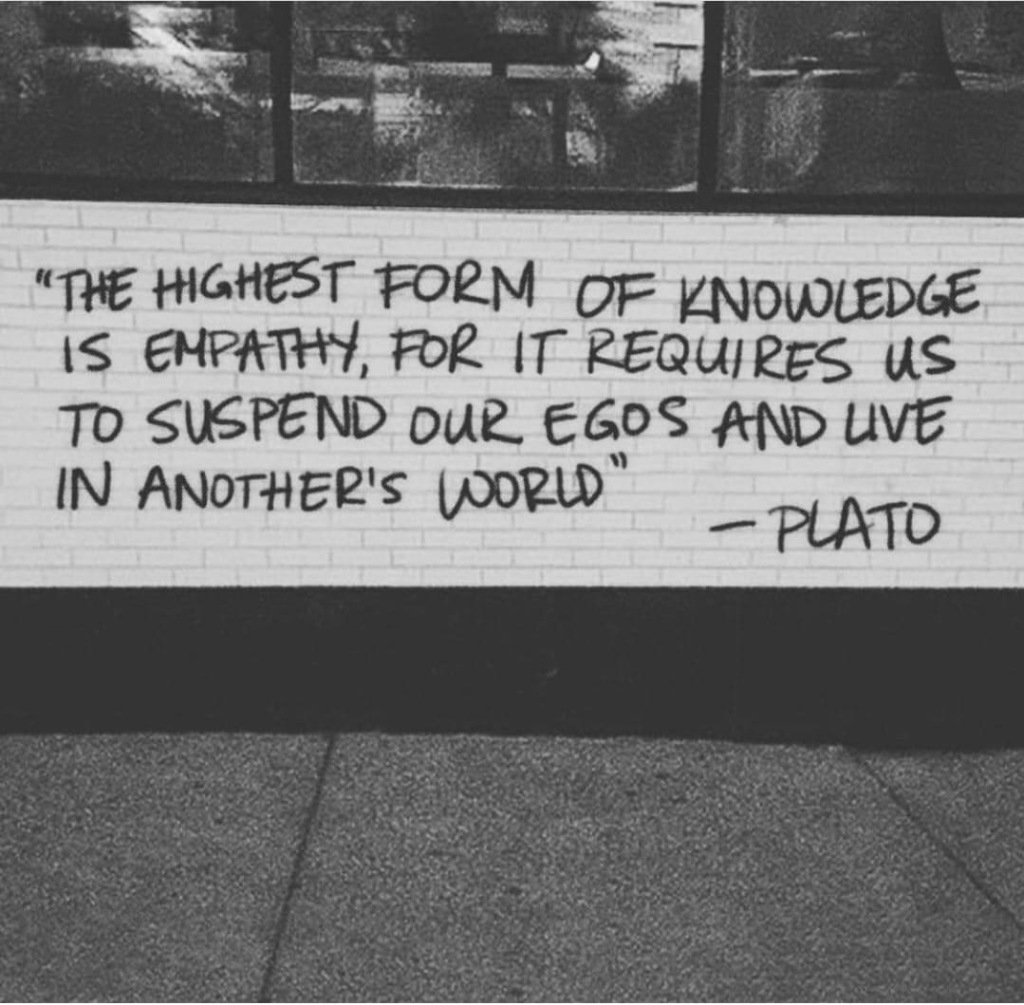
By Abigail Johnston
Edited by Barbara Bigelow
I’ve written before about the horrifying reality that there are those people who pretend to have cancer, even metastatic cancer. That was quite a while ago and happened when I was relatively new to Stage IV metastatic breast cancer (MBC) and the culture within that community (also not a static thing). Those experiences really shook me to my core and changed the way I look at others; it put me on notice, I suppose, that I needed to be more careful, to ask more questions.
Some time has passed.
At various points between then and now, accusations would be brought out about one person or another. I wasn’t always privy to the accusations, just saw that the targeted person or persons all of a sudden started posting pictures of scans or letters or some other sort of “proof” that they really had MBC. Sadly, each of those women died either because of MBC or complications from the treatment they each endured, believing and experiencing the derision of some. I’ve not personally been closely connected to or heard anything that would make me think anyone else was faking cancer since those initial experiences I wrote about, but I have heard a lot of stories about people in the MBC Community who were confronted and accused of not having MBC and demanding proof.
As if anyone has the “right” to demand proof of an illness.
Let me take two steps back to say that I believe we all need to be on our guard about those who might be pretending, who might be taking advantage of others. We, as a community, do need to police our own to a certain extent. Yet, that then begs the the question — who does the policing? Who are the arbiters of truth? What standard of proof (a legal term) is utilized when determining whether someone is faking?
As I discussed in my earlier post, I’ve become more wary of those who claim to be part of the unique group of people who grapple with a terminal diagnosis. I watch and I lurk a lot when a new face shows up, especially when that person begins to get very involved in advocacy efforts. I delve into the words they use, asking questions as needed. The saying, “trust but verify,” should probably be engraved on my tombstone since that’s literally how I lead my life in a lot of contexts.
Recently, another member of the larger MBC Community has been accused of faking her diagnosis. I can’t say that I’m privy to all of the interactions or factors that have caused some to conclude that she isn’t honest about her diagnosis, among some other issues, but I have read a lot about the accusations, asking questions and attempting to understand. The underlying thread, I believe, in all of these conversations is that no person can know for sure what is going on inside someone else’s life and body. Not really. Not 100%. We all show what we want on social media.
But here’s another factor — people who are hurting, who are upset, who are triggered, aren’t at their best.
I’m definitely not at my best when I’m hurting and upset. The ability to see any situation from anyone else’s perspective is compromised and what appears to be a “fact” or “proof” can be misinterpreted. As someone who relies on legally admissible facts rather than my gut reactions, this is hard for me. Also, people who are hurting, who are upset, not only lose the ability to see a situation from anyone else’s perspective, but also lose the ability to see that we will all experience this life with MBC differently and respond differently because we are all unique human beings; just because one person deals with trauma in a way that seems odd or different or even wrong to another person doesn’t mean either person is right.
Bottom line?
We are all different, unique human beings. We will not all see eye to eye. We will not all be on the same page at any given time. We will each respond in a unique way to a trauma like MBC or another health issue. We each have different experiences and different circumstances. We each approach dealing with trauma differently. We are each entitled to our own opinions and to withdraw from relationships with others as we deem appropriate. We are each entitled to put our resources where we believe to be correct or best and to share that information with those around us.

A line is crossed, to me, when a private conflict becomes public and people who have/had no part in the conflict are involved. I realize that not everyone will agree. I believe that we cause more damage to individuals when conflicts are taken to a wider community than was involved or privy to the actual conflict. It may be archaic, but I believe in the steps to resolve issues laid out in Matthew 18, that it is incumbent upon us to resolve issues individually by asking questions; if that doesn’t work, then pull in a few people who are trusted by all concerned, not friends, people who the person “at fault” trusts as much as the accuser; if that second step isn’t successful, then a wider community may need to be informed.
At the end of the day, once a conflict has been addressed and perhaps the original parties have parted ways or withdrawn back to their “corners,” then the issue or conflict needs to not be a topic of conversation. To continue fighting a conflict based on differences of opinions within the wider context of a community or group of people is only going to hurt everyone. And hurt people do hurt people. This is human nature, this is how we are wired and it is HARD to overcome our defaults.
The better way, I believe, is to practice empathy, to practice compassion, to practice believing the best, to practice how we would want to be treated and to seek to understand before being understood; and I’m saying that to myself just as much as anyone else.

Editor’s Note:
We here at Metavivor work hard to maintain our core values of dignity and respect for all. If you would like to know more about us and what we do, please sign up for the Volunteer Training even if volunteering is not your thing. You will learn the Metavivor philosophy about what we believe about social media and interactions, specifically that name calling, and bullying are never allowed. If you have a concern at any time, you can always contact a Board member to talk it through.
Barbara
Barbara Bigelow
Board Member, METAvivor
[email protected]